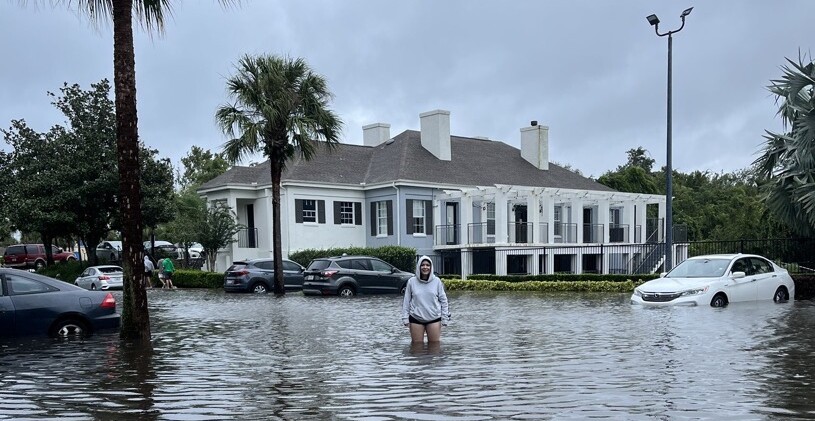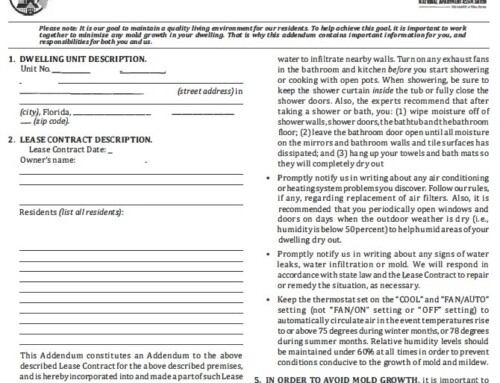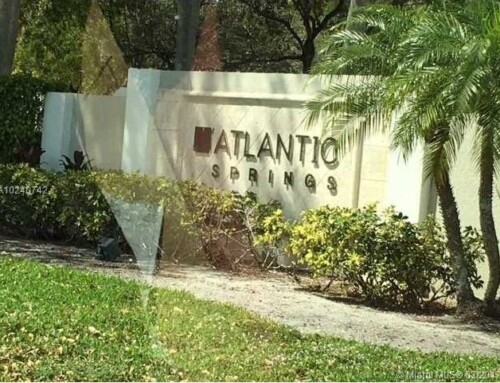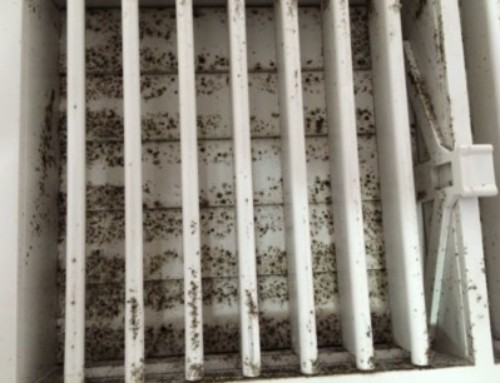On Thursday, September 29, 2022, Hurricane Ian caused historic flooding in the Arden Villas apartment complex which is primarily occupied by students who attend University of Central Florida. The water levels were so high that cars were flooded out and water began breaching the doors, windows and foundations of the first floor apartments. Residents were forced to evacuate, many requiring the assistance of the National Guard. There have been newspaper reports that the management office for Arden Villas has not been immediately responsive to the concerns of the residents. There are also reports that units are experiencing sewage backups into the apartment units.
We have received several inquiries seeking legal advice about what the next steps are for the residents of these flooded apartments. Under Florida law, tenants have two primary options:
One, if the unit is entirely uninhabitable, the tenant is entitled to immediately terminate the lease and permanently vacate the unit. Florida Statute 83.63 allows a tenant to immediately terminate a lease agreement and vacate the premises (without penalty) if “the premises are damaged or destroyed other than by the wrongful or negligent acts of the tenant so that the enjoyment of the premises is substantially impaired…”. If only a portion of the dwelling is unusable, then the tenant is only responsible for a portion of the rent for the portion of the premises that is undamaged. However, it is not recommended to continue living in a flood impact apartment as there is a high likelihood of mold and bacteria being present in the unit, even after flood water recede. The health risks from mold and bacteria can be significant. The correct way to do this is to send a Notice of Casualty Termination to your Landlord in writing to the address listed as the “Notice Address” in the Lease Agreement. A sample form may be used by clicking on this link.
Two, if the tenant does not wish to terminate the lease and intends to return to the premises after the landlord completely remediates and restores the dwelling , then the tenant can serve a 7-day notice upon the landlord listing the specific areas of damage to the unit. Here is a link to the standard 7-day notice form.
If the landlord fails to remediate the dwelling within the 7 days after delivery of the 7-day notice, then the tenant may begin withholding rent until the unit is remediated and restored. Also, the tenant may terminate the lease at any time after the expiration of the 7-day period. If the unit is restored at some point prior to the expiration of the lease, then the tenant may resume the tenancy and will not be responsible for the rent that the unit was unlivable. Please note that many leases also allow the landlord to terminate the tenancy if the unit is completely destroyed or is uninhabitable for an extended period of time.
If any tenant desires to remain in a flooded dwelling, keep in mind the dangers of unmitigated flood waters in an apartment unit. First, the apartment complex must mitigate the flood water by promptly begin drying out the water using industrial strength fans and dehumidifiers. Any building materials that came into contact with the flood water is typically required to be removed. The bottom portions of the drywall that came into contact with the flood water is typically cut out (sometimes called a “flood-cut”). Also, all flooring (carpets, tile or laminate) should be removed and replaced after mold remediation has occurred. Cabinetry or furniture that came into contact with the flood water usually needs to be removed and discarded. Mold, especially in humid environments like Florida, can begin forming within 24 hours of water coming into contact with building materials. For this reason, it is important that proper mold assessment and remediation is performed by a licensed mold assessor and mold remediation as required by Florida law. Before moving back in to a flood damaged apartment, you should require a “mold clearance report” which indicates what remediation was performed and will evidence that the unit is free of mold. If upon returning the dwelling, there is still a musty or mildew type odor, that is typically a good indication that mold remediation was either not conducted, or the mold was not completely decontaminated. For this reason, we recommend insisting on receiving a mold remediation report. If you still believe mold may be present, it is always a good idea to obtain your own licensed independent and unbiased mold assessment report to confirm the air quality in the unit is safe.
Please note, the landlord and their property management company is responsible for drying out and decontaminating the interior of the units (but not your personal belongings). Any funds expended by the tenant to perform the obligations of the landlord, without prior written permission, may not be required by law to be reimbursed to you by the landlord.
If you have any questions about your apartment at Arden Villas in Orlando, please do not hesitate to contact us at (321) 343-6040 or (954) 241-2260. We handle cases in the Orlando area and throughout the State of Florida.






Leave A Comment